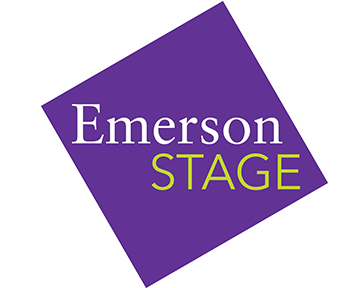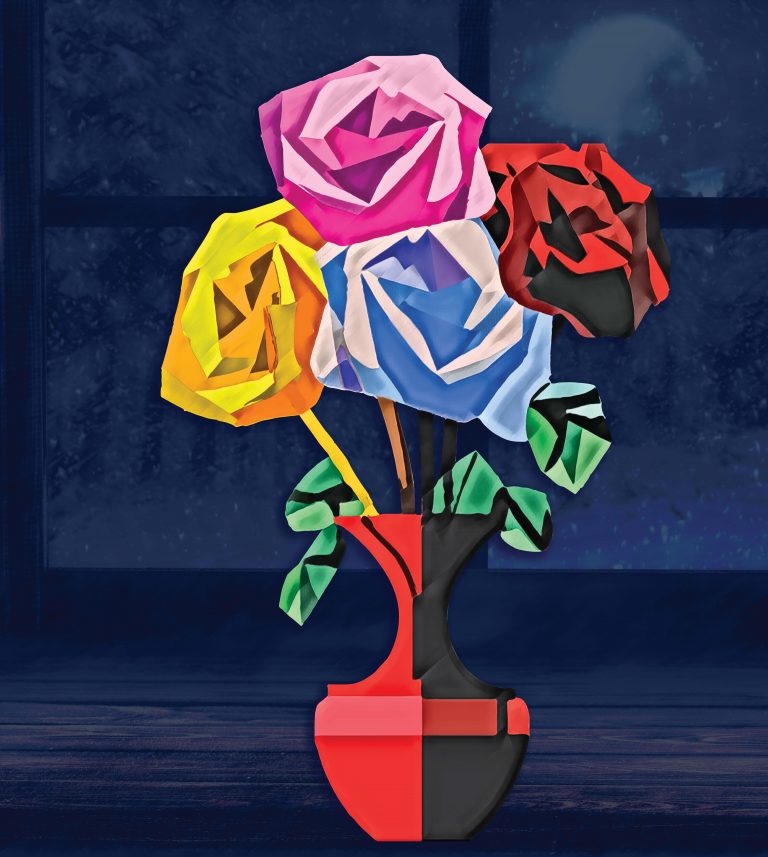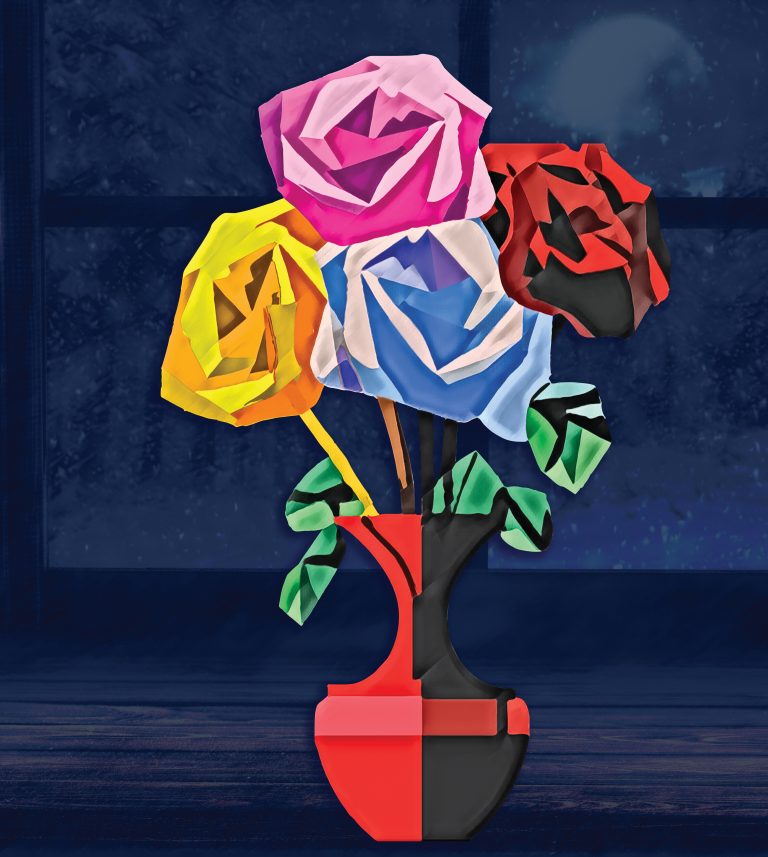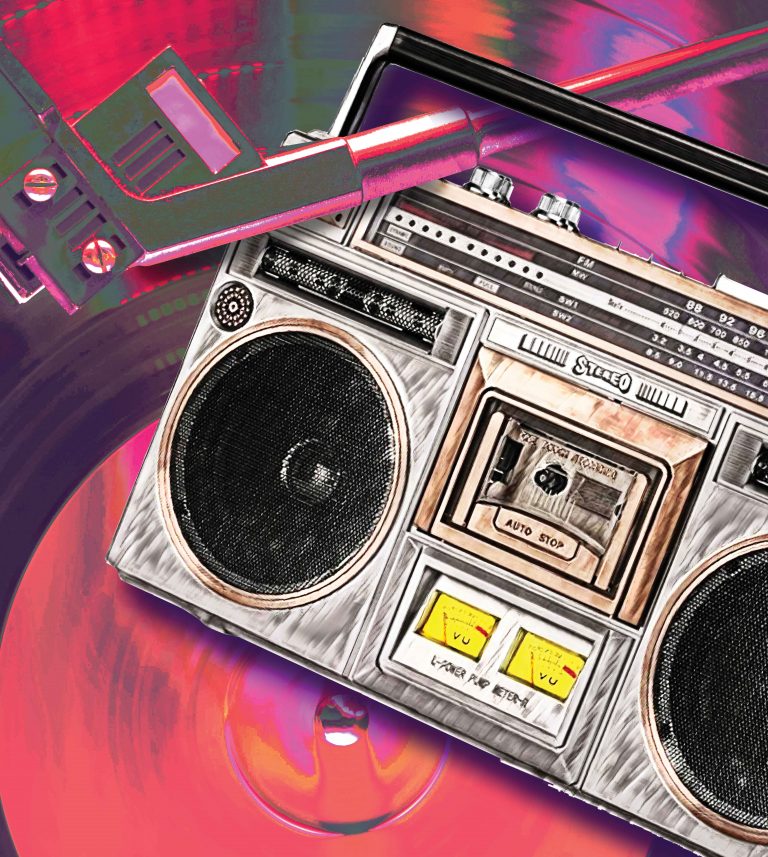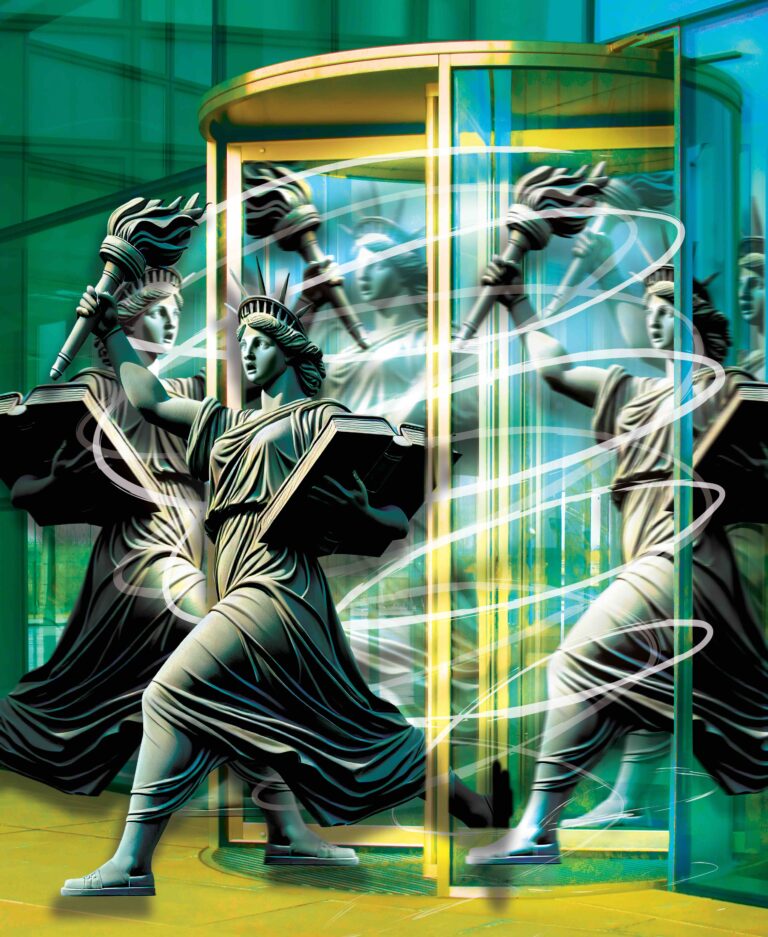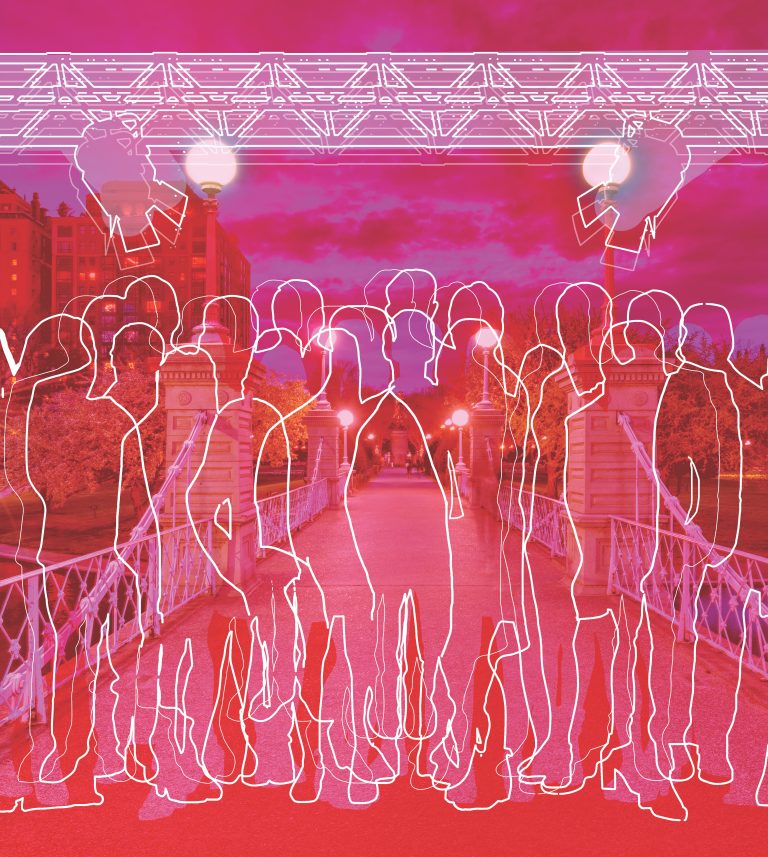From the Dramaturg – Antigone Project: A Play in 5 Parts
By Ashmita Malkani
BFA Stage & Production Management, ’19
Minor in Poetry, and Women’s, Gender, and Sexuality Studies
Antigone: daughter and sister of Oedipus, sister of Ismene, Polynices, and Eteocles, niece to Creon, bride of Haemon. Antigone: a Greek tragedy about a girl who defies the law (and her uncle) to bury her brother, for what she believes … for justice? For her, the personal is political, and defiance runs through her being – her name literally meaning “born against.” Perhaps, from that knowledge, we also know what exists at her core. That she holds her beliefs strongly, and that she is loyal. That she has always been a symbol for justice. The echoes of her story are found at all points in history, in all places; for example, just in the past five years, she has been evoked in Ferguson, Missouri, by the artists of Theatre of War in the hopes of repairing a town torn apart by violence, and in Beirut, Lebanon, to bring together Syrian women seeking safety and community in the midst of war.
The debate between Antigone and Creon is an astonishingly timely representation of the polarity within our society today. Two righteous people in opposition, each firmly entrenched in their own stance. The notion of only one “right” perspective is narrow, not one that encourages discourse and mutual understanding. As much as we may venerate her, from this broadening mindset we can see that our heroine is flawed. She is stubborn and proud and rash. It is not easy to listen to someone who goes against everything you believe, and Antigone will not and does not listen.
Antigone Project: A Play in Five Parts does not aim to re-stage a classic text. Instead, it transports us away from 5th century BCE Thebes, to times and places as varied as WWI-era USA and millennial North Africa, reincarnating a woman and watching her throughout time. Written immediately in the the wake of 9/11, specifically in response to the PATRIOT Act (the “Uniting and Strengthening America by Providing Appropriate Tools Required to Intercept and Obstruct Terrorism” Act), Antigone Project sounds Antigone’s call for justice again, and again, and again. The afterlife of this play is a continuation in our collective cultural consciousness: a cyclical storytelling.
In the noise vacuum of news that consumes every device, every television screen, it is easy to fall into apathy, to allow all of it to blur into static. This production is actively unearthing history before us, much like an archaeologist digs for clues, showing us the interconnectedness of violence, struggle, and morality, while recognizing the potential consequences of ignoring that link. The world of this production works from under the ground to high above our heads, bringing together every element of life, scattering it across the stage, hoping that we will all embody those archaeologists, even just for the evening. During rehearsals, we asked questions like “Why did they not listen to each other? What is stopping them from understanding each other, or at least trying to? What is stopping us, today?” We pondered Antigone’s martyrdom, the courage it takes to die for your cause – and, perhaps even more so, the courage it takes to stay alive. She is reincarnated, each time in a different culture, in a different body, a different voice, to ask us again: what is justice, and by whom is it determined?
In this society, political standpoints have regressed to wartime beliefs: you’re either with us, or you’re against us. In an increasingly divided nation, we often reduce one another to our beliefs, like ancient Greek characters, reduced to our core values–each of us becoming symbols for our own causes–and we are unable to see each other as anything more complex than that. Our very identities are becoming more and more political, and we writhe in misunderstanding and fear.
We talk a lot about being on the ‘right’ side of history, but have trouble seeing past the present. We are living in tomorrow’s history, and those who will condemn or laud us perhaps haven’t even been born yet. Antigone Project pushes us to look at the past to find a way forward. “In the blur of history / In the chaos of memory / Words are broken / Fragmented / Heard anew” – Caridad Svich, Antigone Arkhe. These stories challenge us to question our beliefs and the systems of power in place. The production’s quick twists through time don’t allow us to fit each situation into the moral binary, and instead ask us to be content with questions without answers. It asks us to look at the complexity of life, to revel in the grey area, to wonder, to ask.
Antigone: Citizen? Friend? Family? Antigone: Rebel. Revolutionary.
